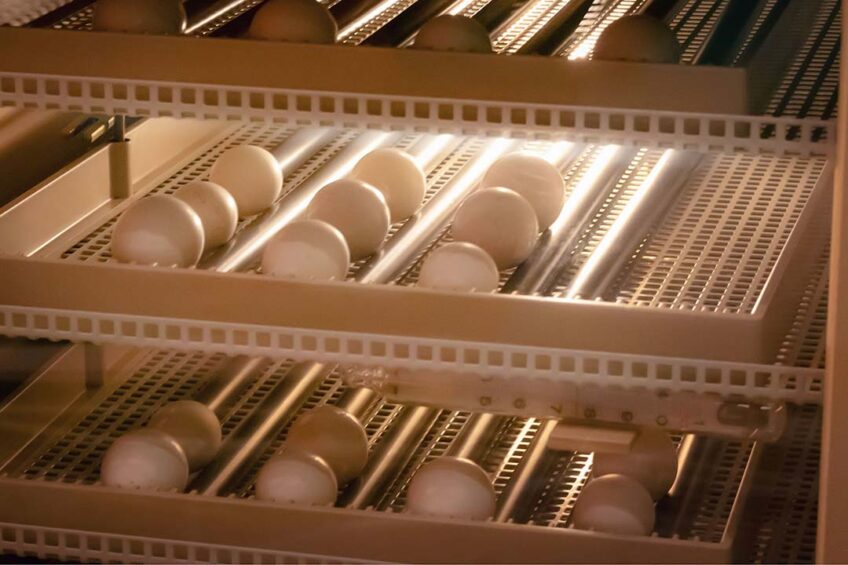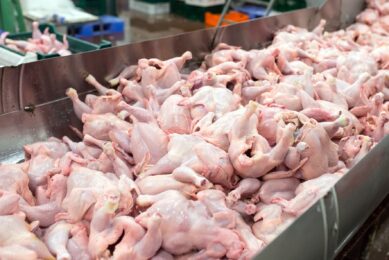Russia boasts success in the import replacement of hatching eggs

In 2023, Russian farmers imported only 300,000 million hatching eggs, which is less than half than in 2019-2020, Sergey Lakhtyukhov, general director of the Russian Union of Poultry Farmers, disclosed during an industry conference in Ufa.
Russia primarily imports hatching eggs for turkey breeding, Lakhtyukhov indicated.
In 2023, Turkey was the largest supplier of hatching eggs to Russia, delivering roughly a third of the total volume, Comtrade data showed. During the first 9 months of the year, it supplied around 5,000 tonnes of hatching eggs worth US$21 million. In the list of the largest suppliers, it was followed by Germany, which sold 2,800 tonnes of eggs to Russian customers for US$23 million.
In addition, Russian farms imported hatching eggs worth US$15 million from the UK, US$10 million from Canada, and US$9 million from Hungary, according to Comtrade.
New capacities
Lakhtyukov stated that new capacities established in the Russian poultry industry have largely helped farms lower their import dependence. The country’s largest poultry companies have achieved full self-sufficiency in hatching eggs.
On the other hand, for poultry farms with annual production of less than 30,000 tonnes, it doesn’t make sense to invest in building hatcheries. Lakhtyukov said that in Russia, most companies of that scale purchase hatching eggs from Russian and foreign suppliers.
Bird flu in Europe takes a toll
During a conference in 2023, Lakhtyukhov disclosed that veterinary factors also helped the Russian poultry industry to wean off import dependence on hatching eggs. He recalled that in December 2022, the Russian hatching eggs market was in a state of oversupply, with around 15 million units of hatching eggs in unclaimed volumes. Some manufacturers were even forced to destroy quantities they failed to sell.
The crisis, which had the power to imperil the import-replacement push, stemmed from a surge in cheap imports from Europe. At that time, Russian companies sold hatching eggs for Rub 17 per unit (US$0.18), while the European suppliers offered prices between Rub 13 (US$0.14) and Rub 15 (US$0.16) per unit, which included logistics costs.
However, a wave of bird flu outbreaks in Europe in the following months has turned the tables, narrowing the flow of cheap hatching eggs while making the price less attractive. According to Lakhtyukhov, a hike in energy and feed costs in Europe has also made European suppliers’ products less competitive in the Russian market.
 Beheer
Beheer











 WP Admin
WP Admin  Bewerk bericht
Bewerk bericht